Memoirs are one of the most popular kinds of non-fiction: who doesn’t like a good life story? I’ve assessed quite a few memoirs in the years I’ve read for TLC, and in my former life as an assistant non-fiction editor, memoirs were a big part of the lists I worked on. The inspiration to write a memoir comes easily, usually after someone makes that common off-hand remark after you tell them an interesting anecdote: ‘Hey, you should turn that into a book!’
So, should you turn that life story into a book? Maybe you’ve already written something, and are wondering if you should submit it to an agent. Maybe you’ve been mulling over an idea for a while, and want to know if you should bother putting in the effort to make it real. I can’t give you a single, definite answer as to what makes for commercially viable memoirs – the market is fickle, after all – but there are some general pointers I’ve gleaned from the years I spent working on them.
Memoirs take many forms
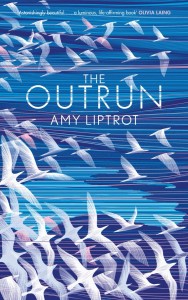
The stereotypical idea of a memoir – a straightforward, chronological narrative of someone’s life from birth to present – is just one of many forms that they can take. Memoirs don’t always have to be so expansive; many restrict themselves to specific themes, events or periods in a person’s life. Amy Liptrot’s bestselling The Outrun, for instance, hones in on her journey of recovery from addiction, set against the wind-swept backdrop of her native Orkney. Other memoirs cross genres: Olivia Laing’s break-out success The Lonely City weaves together her own accounts of life in the big city with thoughtful reflections on the lives of artists whose work dealt with themes of isolation and loneliness.
What form your memoir takes and the parameters of its narrative will depend on what you consider to be the most important aspects of your account. A medical memoir might ostensibly be about your experience with some specific ailment, but it might also emphasise the surprising struggles you had with the medical establishment, such as the failure of professionals to understand your symptoms, or prejudices such as medical misogyny and racism. On the other side of the coin, your memoir might be a narrative of hope amidst despair, or a tribute to the perseverance of the nurses and doctors who treated you in the face of institutional challenges. If the medical issue at hand is a congenital one, the memoir might open with a chapter about your childhood, or about a family member whose experiences with their health were formative to your understanding of the issue. If it was a disease or injury picked up later in life, however, the familial backstory might be less important, and more precedence might instead be given to setting up the scene for when the medical crisis first occurs.
Memory with a purpose
This is why understanding your purpose can make a big difference to how cohesive your memoir feels. Keeping in mind i) why you want to tell your story and ii) which parts of the story you want people to remember will help you decide the shape that your memoir will take, and inform the decisions you make about which details to focus on. As with any book that makes it to an editor’s desk, what makes a memoir of interest to a publisher is the conviction that other people will want to buy and read it. If you want to write a memoir, think about this in reverse: what do I have to say, that other people will be interested in hearing? And why am I in particular the person they will want to hear it from? Do you have a specific message that you want to share with others, and do you feel that there are people out there who have been waiting for a story like yours? Purpose, even if not always explicitly written out, will be the one thing that keeps you going as you encounter the legion of challenges that every aspiring writer faces, and also provides a north star for you to return to every time you feel dispirited by the process.
People, places, and things
Purpose will also determine the shape of your memoir: where it begins, where it goes, and where it ends up. As with any good narrative, an engaging memoir takes the reader on a journey: it could be a physical one (as with travel memoirs), an emotional one, or even a philosophical one.
Take the example of a beloved film star’s autobiography. It might follow the trajectory of their career: how they began as a hardworking unknown, and the ups and downs they went through on the way to becoming a respected actor. What brings this journey to life is detail: what was the first film they starred in? Who was in the film with them? Where did filming take place? Was the process difficult or easy? Was it cold on set, or very warm? What happened during the press tour? If the film was incredibly successful, did the actor find themselves suddenly catapulting to fame overnight? What happened the first time someone recognised them on the street? And so on and so forth: once you start peeling apart the layers, the potential for detail is endless. Prioritising the details that make the most difference – using your purpose as a point of reference – is what sets apart a good memoir from a great one.
A word of warning: the word memoir is intimately connected to memory, and memory is often a faulty business. Some would-be memoirists fail to put pen to paper because they fear that they won’t be able to accurately reproduce the past, right down to the exact detail. The truth is that many (if not most) memoirs on the market contain some measure of amended, anonymised, or fictionalised detail. On a pragmatic level, sometimes one simply can’t remember everything: events are often recalled hazily, or in part, and we tend to remember more clearly how we felt or what we thought rather than what we saw or heard exactly. One option is to be honest but necessarily vague about things; if not, there is nothing wrong with informed reconstruction, especially with things you know well. For instance, I may not remember what Brixton High Street might have looked like on a specific date, but I’d like to think that I lived there long enough to be able to make a good guess. In some cases, rigorous research can supplement missing information: looking up the weather on the day one was born, for instance, or asking family members what they recalled about a certain day.
Avoiding legal problems is another reason why details might be amended or omitted when you write a memoir. Not only do you want to avoid accidentally saying something unflattering, even libellous about someone you know, but you also don’t want to reveal private details they might not want circulating about. It is common courtesy to ask people if they consent to being written about, but in any case traditionally published memoirs are almost always put through a legal read by default, and a trained media lawyer is the best person to advise you on where the risks are, and how best to mitigate them.
Lastly, on a narrative level, some details might just work better either changed or left out altogether. For example, there might be unrelated people in your account who have the exact same name, and it would be less confusing for the reader if you gave them different names from the start. There might be inside jokes between friends or family members that require too much explanation or which you suspect might not be very funny or meaningful to most readers. Ultimately, what matters is the truth in and behind the details – the authentic underlying story or message and its emotional heart that you convey to the reader through your account of events.
Putting it all together
In a sense, therefore, writing a memoir is simple: pick the part or parts of your life that you want to write about, think about why you want to do that, and decide on what details you’ll include (or leave out). That, however, is just how you get started: as you write, as you put pen to paper (or fingers to keyboard) and begin meandering through the woods in search of memory, you’ll often find yourself getting sidetracked. Unexpected detours happen, obstacles pop up, and in some cases you might find yourself accosted by wild beasts, dead ends, and unwanted reminiscences about people or things you assumed had been long forgotten. Some closing words of advice, therefore: especially for those writing about emotionally challenging events or experiences, but even as a general piece of advice for all writers, be kind to yourself. You will have good and bad days, and there will be scenes or people that you find yourself struggling to describe: this is perfectly normal, and forcing things can often end up being counterproductive, or even cause you to resent the writing process. Don’t feel like you have to write linearly, but give yourself permission to jump around and work on different parts at a time; you can always fill in the gaps later. Enjoy the good days, and take the bad ones in stride.
Remember: writing about life is part of living it, and can’t be rushed!
If you are currently writing a memoir, we have a Self Editing Non Fiction course running in September 2025 where you can learn key skills to edit your own life writing. Sign up now. (Earlybird ends in July!)
Would you like to book Ian as your memoir editor? Get in touch with us here
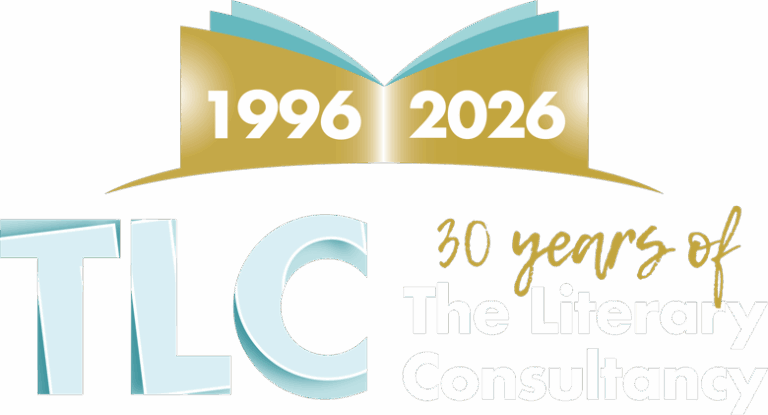

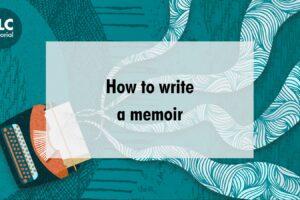

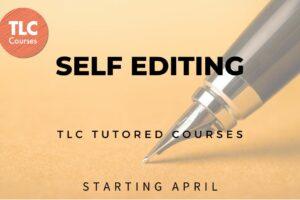


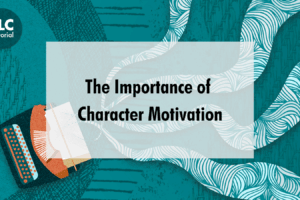

2 responses
What a generous, informative and helpful piece this was. I have actually written a ‘double memoir of two girls in different countries during wartime. It was self published and was a pleasure to write. But I could obviously do better next time.
Thanks for making this so easy to understand.